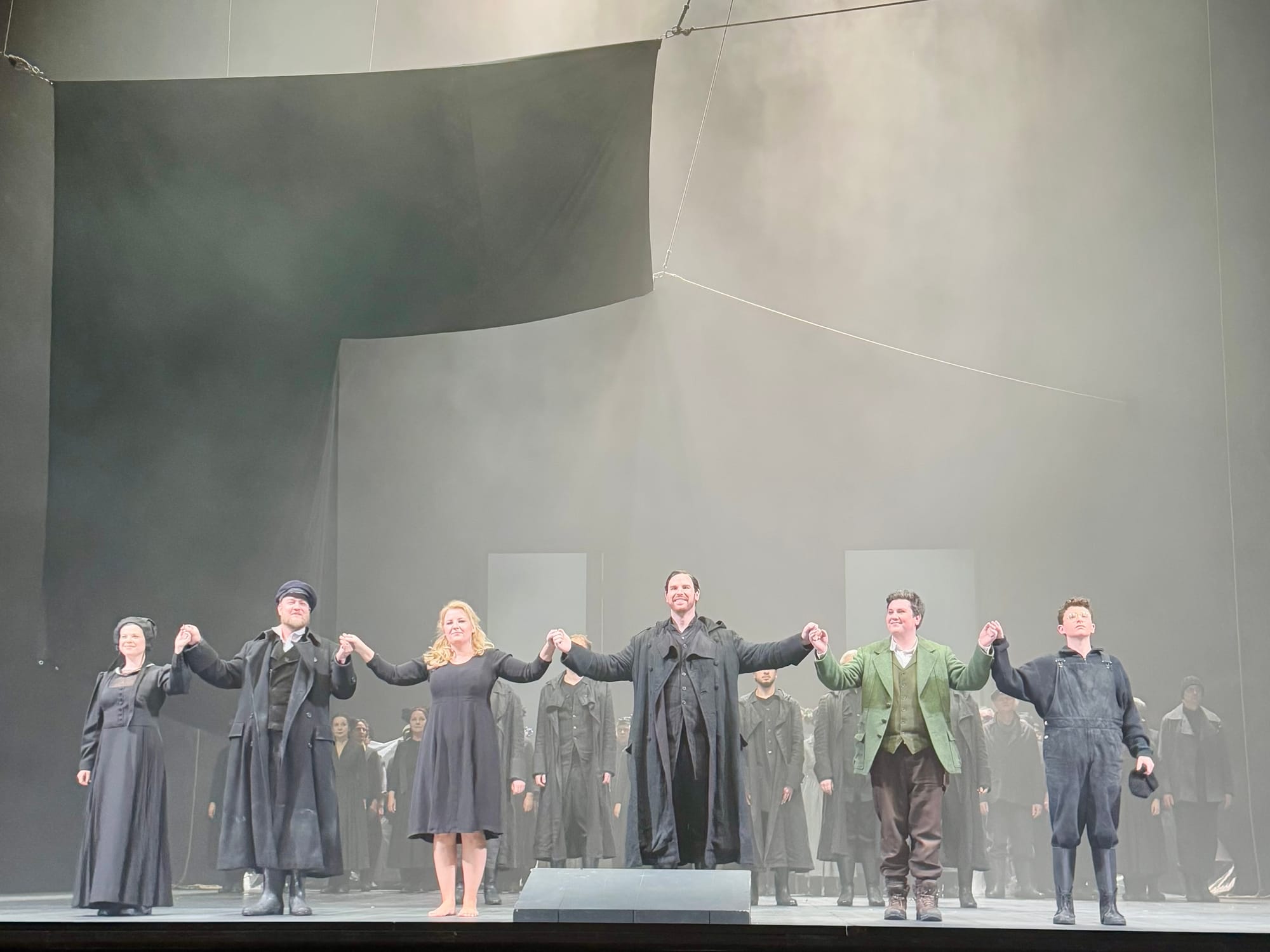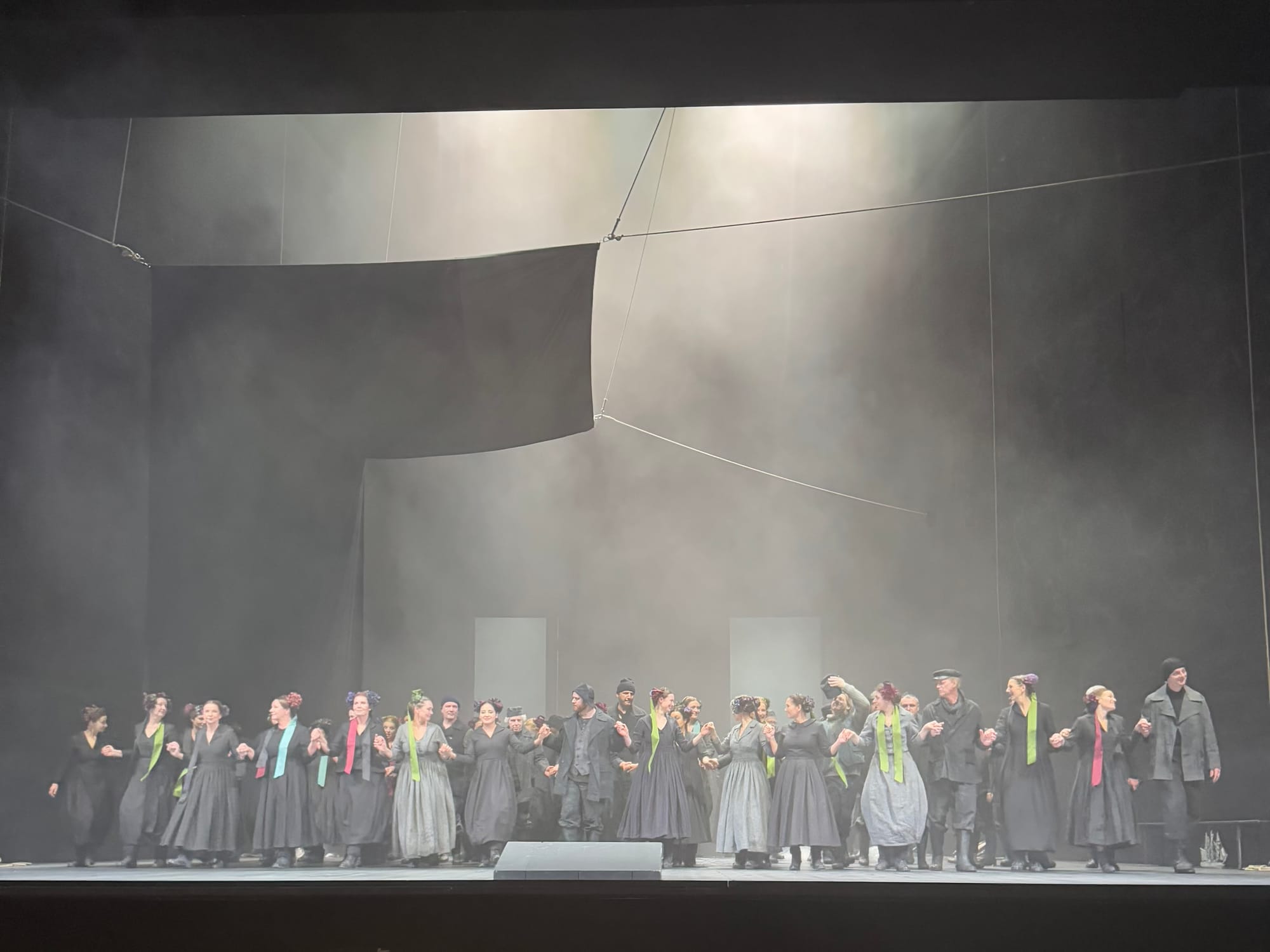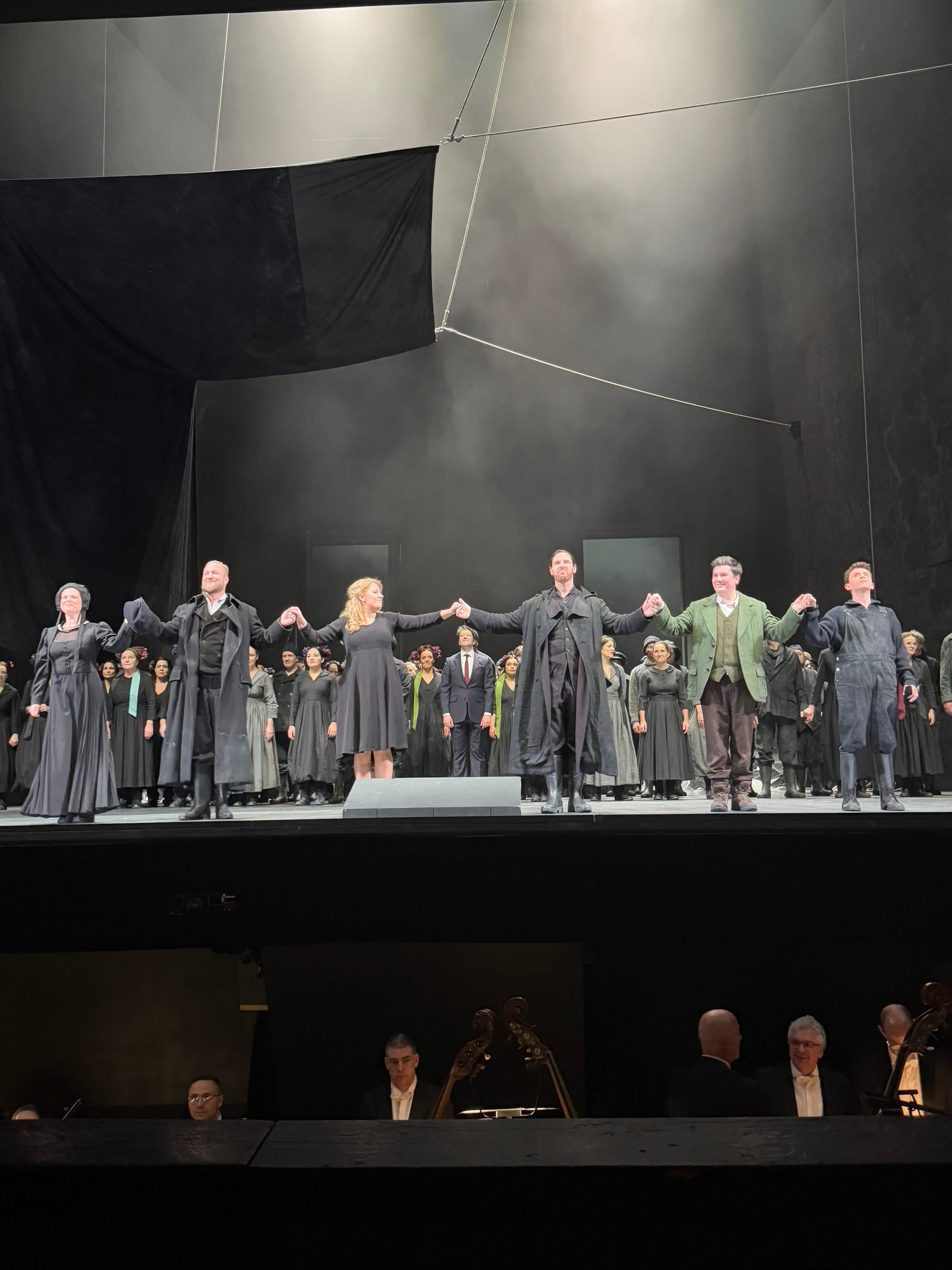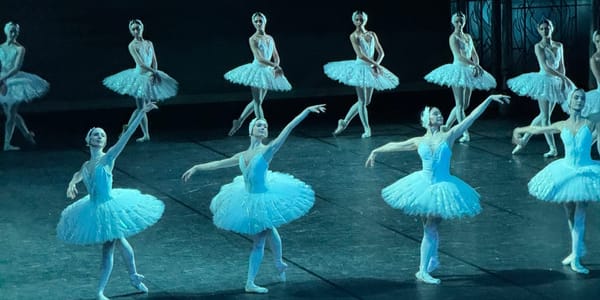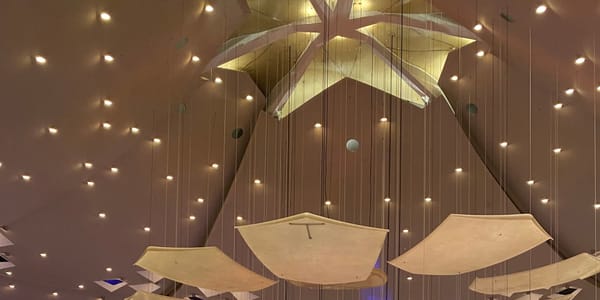Der fliegende Holländer at Deutsche Oper Berlin
Spuck’s HOLLÄNDER strips away excess and focuses on the psychological and emotional turmoil at the opera’s core. The production’s minimalism enhances rather than diminishes the drama, drawing the audience into a world where obsession, fate, and redemption blur together.
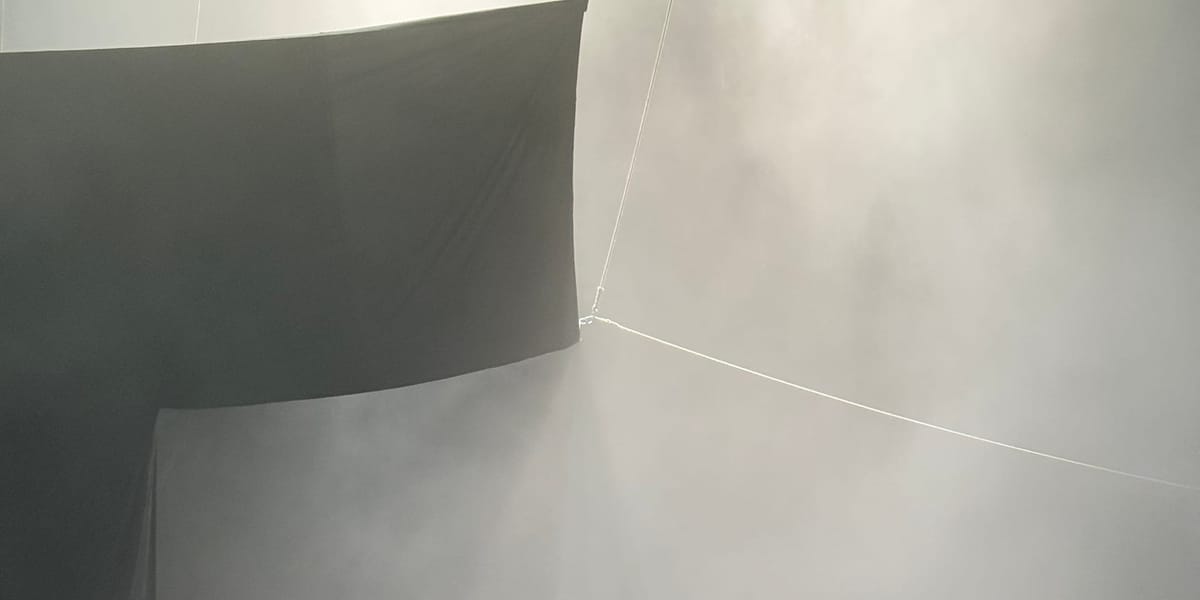
⭐️⭐️⭐️/4
🎭 Der fliegende Holländer
🎶 Richard Wagner
💭 Christian Spuck, 2017
🏛️ Deutsche Oper Berlin
🗓️ 20.02.2025
“MIT IHM MUSS ICH ZUGRUNDE GEHEN”
Fresh off a 20-hour intercontinental journey, I found myself diving straight into Wagner’s DER FLIEGENDE HOLLÄNDER at Deutsche Oper Berlin mere hours later—a brutal three uninterrupted hours of music and drama. Alas, Wagner intended the opera be performed this way, which ultimately was for the better—I‘m not sure I would‘ve made it until the end otherwise. And I’m happy I stayed the course, because the music, especially Senta’s ballad, has been looping in my head ever since.
Christian Spuck’s production creates a dark, dreamlike atmosphere from the outset, something which is familiar from some of his Staatsballett productions. Mist clouds the stage, actual raindrops fall into puddles, and the steady dripping is often audible in quieter musical moments. The emotional core of the production is Erik, whose torment is foreshadowed in the overture when he smashes a wooden ship against the wall—a sign of the dread he will come to feel toward the Dutchman and his ghostly crew.
The set—a worn, damp, dimly lit bourgeois sitting room with implied wood paneling and double-winged doors—transforms fluidly into a working ship without ever actually showing one. Sailors hoist massive tarps like sails with precise, choreographed movements, ropes are tied to hooks on the walls, and heavy cargo-like props are pushed across the stage. The illusion is striking: a ship at sea, returning into port, conjured through action rather than scenery.
Of course, this wouldn’t be a Wagner opera without a woman sacrificing herself to redeem a man doomed by his own actions. Senta, caught between obsession and delusion, exists mainly to fulfill what Wagner calls a woman’s highest virtue—eternal fidelity (“des Weibes heil‘ge Pflichten”). Whether she is the Dutchman’s salvation or just another figure lost to his legend remains open to interpretation, but her fate is sealed the moment she sings his name.
Spuck’s HOLLÄNDER strips away excess and focuses on the psychological and emotional turmoil at the opera’s core. The production’s minimalism enhances rather than diminishes the drama, drawing the audience into a world where obsession, fate, and redemption blur together. Wagner’s score, relentless in its intensity, leaves little room to breathe—but perhaps that’s the point. As the final notes fade, we are left with the eerie feeling that the Dutchman’s curse isn’t just his own—it lingers, echoing long after the curtain falls.
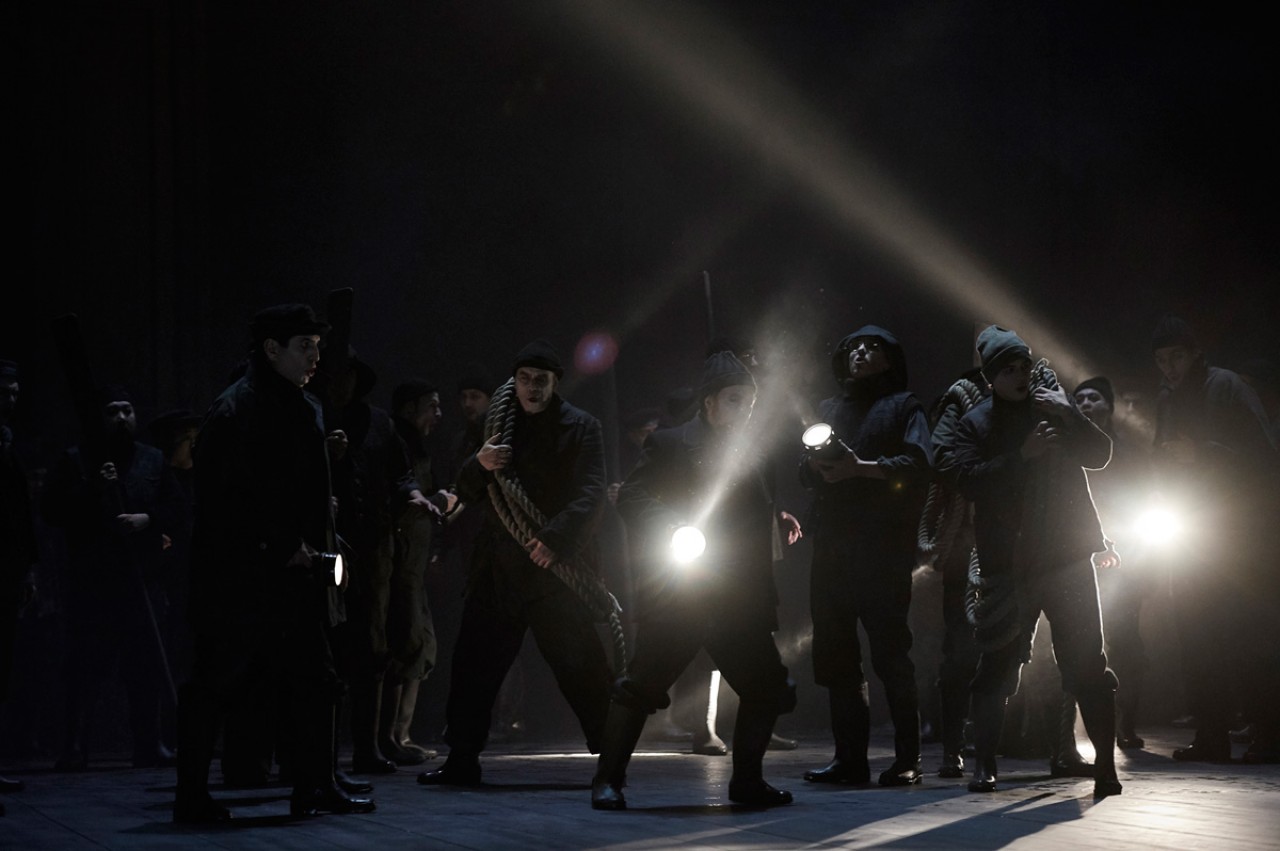
Cast - 20.02.2025
Musical direction John Fiore
Production Christian Spuck
Stage Rufus Didwiszus
Costume Emma Ryott
Light Ulrich Niepel
Choirs Jeremy Bines
Daland Tobias Kehrer
Senta Gabriela Scherer
Erik Kieran Carrel
Mary Stephanie Wake-Edwards
Steuermann Chance Jonas-O'Toole
Holländer Derek Welton
Chor der Deutschen Oper Berlin
Orchester der Deutschen Oper Berlin
